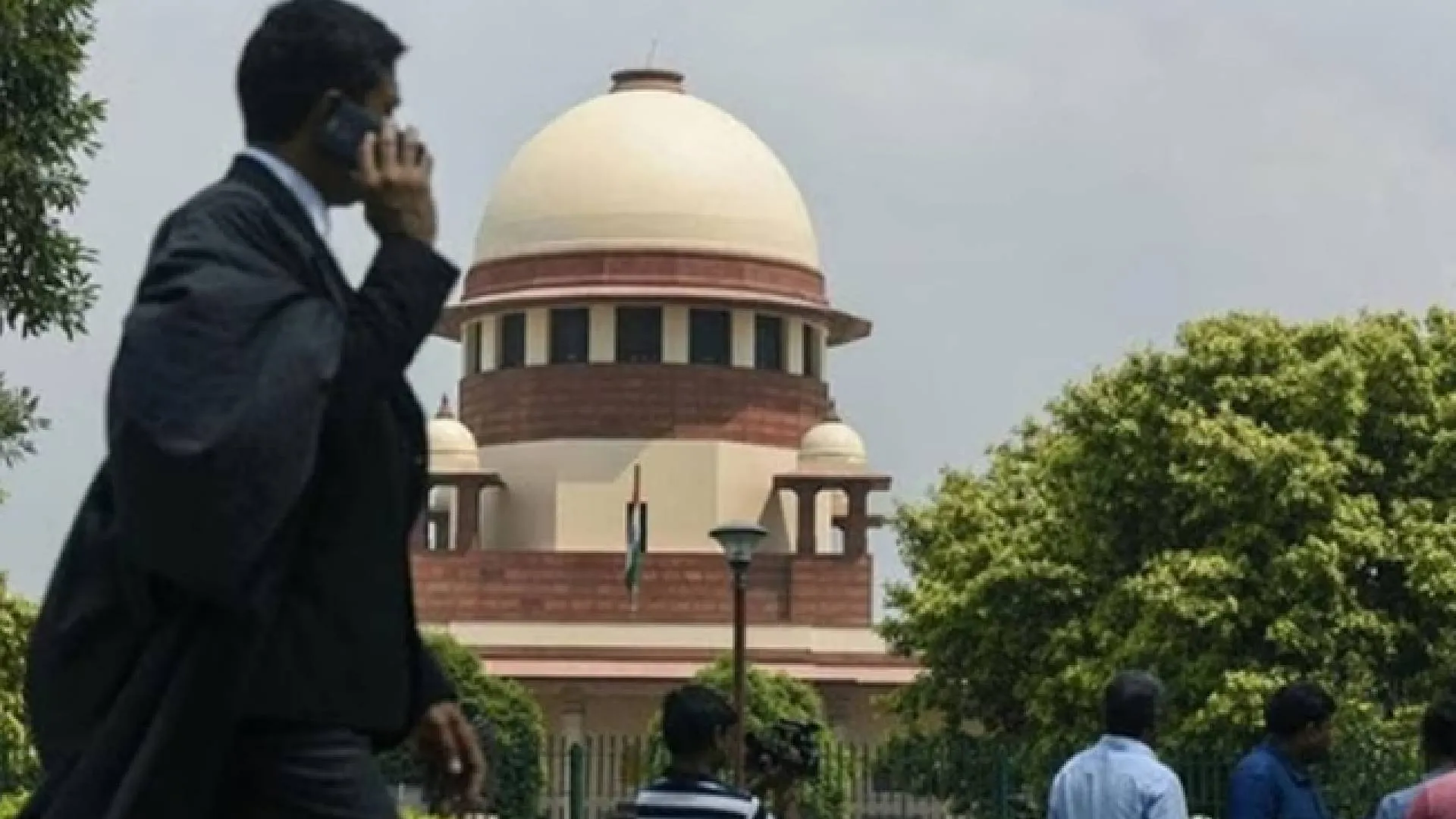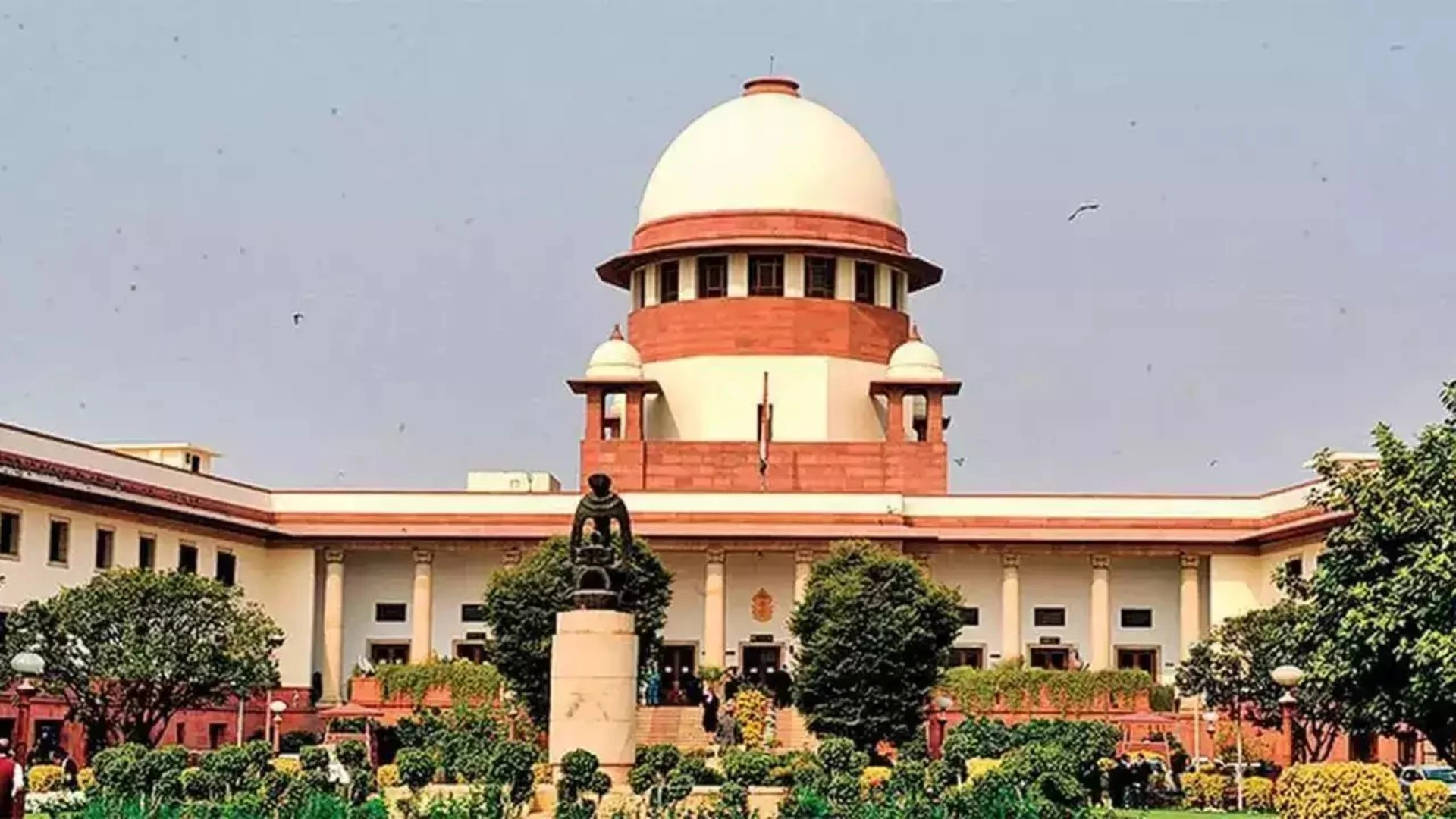The Gujarat High Court In the case Santram Spinners Limited v/s Babubhai Magandas Patel observed and has struck down the order of the Labour Court which had held that the Respondent-workman was entitled to reinstatement along with 20% back wages in the Petitioner-institute. Thus, the High Court, after perusing, Form No. 16A which pertains to Tax Deducted at Source, concluded that the Respondent was being paid consultant fees and not a salary and the same had been ignored by the Labour Court.
The bench comprising of Justice Sandeep Bhatt noted that the Respondent had raised an industrial dispute, inter alia, claiming that he was working in the company of the Petitioner as a Technical Maintenance In-Charge while the respondent earning a salary of INR 9,000 per month. Thereafter, it was alleged by him that he was terminated orally in 1997. Consequently, the Labour Court ruled in his favour and ordered reinstatement and back wages.
It was submitted by the petitioner that the Respondent did not fall within the definition of the term ‘workman’ in Sec 2(s) since he was employed as a Maintenance Consultant, receiving consultant fees and not a salary and the respondent had failed to produce any documentary evidence such as TDS statement, appointment letter, bills to bolster his contention.
Further, it was also averred by the petitioner that the relevant documentary evidence was absent. It was stated that Form 16A was produced to show that if the Respondent was a consultant, then there was no need to deduct TDS. It was observed that the Form No. 26K was disagreed by the Labour Court, which was produced by the Company to show that the tax was deducted from fees for technical or professional services.
The bench comprising of Justice Bhatt firstly observed that the Respondent had admitted that he had no evidence with him to prove that he was working as a ‘workman’ in the Company of the Petitioner that his salary was fixed at INR 9,000 per month. It was stated by the Manager of the Company that the Respondent was rendering services as a consultant raising his Vouchers/bills regularly and being paid through cheque. As per the Bench, there was ‘ample evidence’ to prove that that the Respondent was employed as a technical consultant.
Justice Bhatt stated that it is pertinent to note that the learned Labour Court has committed gross error in holding that those documents are complicated and thus, the learned Labour Court has also erred in giving findings that since TDS is deducted by the petitioner company and therefore, the respondent is workman, who is serving in the petitioner institute and in my opinion, this finding of the learned Labour Court is against the settled proposition of law and is highly erroneous.
Therefore, the High Court affirmed that there was no evidence that the Respondent had been working for more than 240 days during the year preceding termination.
Accordingly, the High Court struck down the award of the Labour Court.























